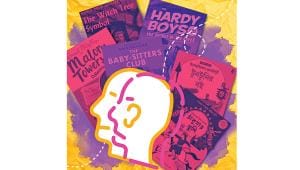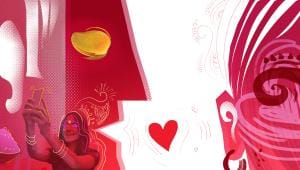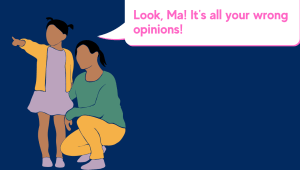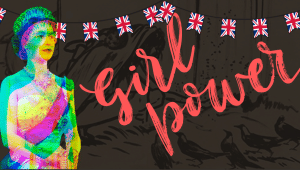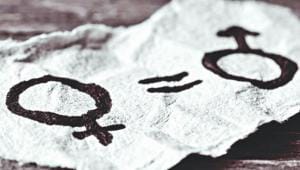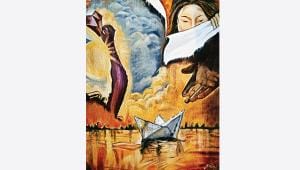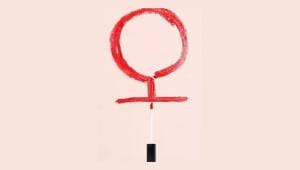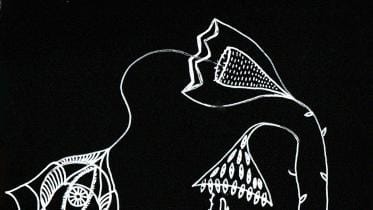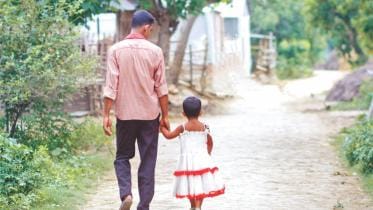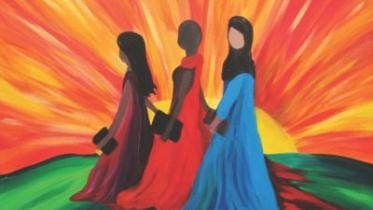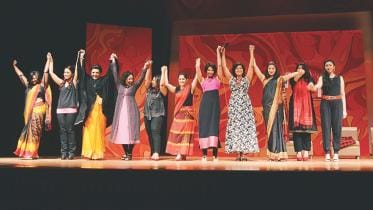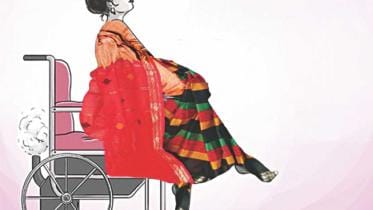Being a third culture kid
As the title suggests, I am a third culture kid, a TCK, or a TCI (I for individual), the phrase literally translates to “people who were raised in a culture other than their parents’ or the culture of their country of nationality, and also those who live in a different environment during a significant part of their child development years”.
1 November 2023, 18:00 PM
The five Bangalee love languages
We Bangalees demonstrate love to our close ones quite differently from the globally affirmed love languages.
29 July 2023, 01:00 AM
Welcome to Millennial Motherhood
After eight years of being an active mother, I have finally come to terms with acknowledging the identity of motherhood.
29 September 2022, 13:30 PM
The Queen is not my feminist icon
Is Elizabeth a feminist icon? I would have to go with a hard no.
11 September 2022, 18:00 PM
Restricted abortion rights in the US will affect us all
To say that Roe v Wade does not affect us is untrue. It jeopardises women's right to choose all over the world.
20 August 2022, 16:00 PM
To parents of sons from a parent of a daughter
I often wonder if I would be any different, feel any different, if I were a mother to a son, rather than a daughter.
17 November 2020, 18:00 PM
Like a Blink of an Eye
One year goes by in the blink of an eye
But the memories remain as livid as ever.
19 June 2020, 18:00 PM
Can feminists wear lipstick?
A few months ago, before the coronavirus outbreak, I attended a talk in Dhaka by a well-known internationally acclaimed feminist. The house was full, the air thick with expectation. I had heard of her aplenty, seen many talks of her online, and was eagerly waiting to hear her speak.
8 June 2020, 18:00 PM
Death is different for a daughter
We think of death as the great equaliser. We come to this world alone—as the saying goes—and so we take part of it alone too. The grief that consumes the deceased’s loved ones also seems like a universal experience, and so we console each other with words of
13 June 2019, 18:00 PM
Why aren't more men involved in child-rearing?
For centuries now, the bulk of childcare has been resting on the somewhat “weak” shoulders of women. And while statistics differ contextually, worldwide, an estimated 66 percent of caregivers are female
25 January 2018, 18:00 PM
The right to choose
I have been asked this question a couple of times: Is women's clothing linked to their empowerment? I understand how in many cases
17 December 2017, 18:00 PM
Talking about the unmentionable
Globally, 2.4 billion people today do not have access to improved sanitation and 946 million still practise open defecation. It is estimated that only 26 percent of urban and 34 percent of rural sanitation and waste water services ensure hygienic separation of human excreta from human contact, and therefore can be considered safely managed (Hutton and Varughese, 2016).
22 November 2017, 18:00 PM
Bonhishikha - Unlearn Gender
“Issh lal lipstick, rastar meye shajte chaccho naki?”
“Tumi radhte parona, jamaike khawaba ta ki?"
31 August 2017, 18:10 PM
Accepting Diversity
Share-net Bangladesh, a knowledge platform, organised the first discussion of its kind that focused upon SRHR (Sexual Reproductive
16 February 2017, 18:00 PM
SRHR for the Disabled
Sexual Reproductive Health Rights (SRHR) is the concept of human rights applied to the fields of sexuality, reproductive system, and health for both men and women.
26 January 2017, 18:00 PM
E for Eve, E for Eve-spiration
One in every three women are abused in their lifetime. If one goes by the statistics that the world has a total of seven billion people,
18 February 2016, 18:00 PM
The Real Afghan Girl
ne hero can make many more heroes”, says Mitra Hussaini. Born in Afghanistan, ten year old Mitra and her family migrated to Pakistan
30 July 2015, 18:00 PM
